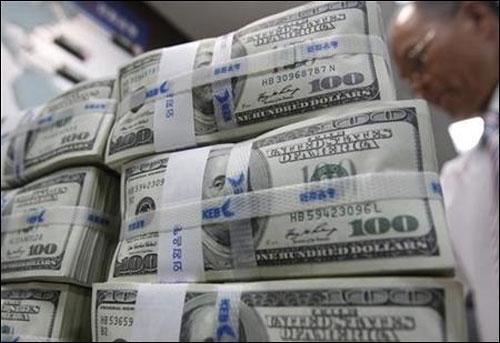Photographs: Truth Leem/Reuters
Workers earning low salaries have a higher risk of hypertension, especially women and younger employees, according to new research.
Researchers from the University of California found that workers earning the lowest wages have a higher risk of hypertension than workers with the highest wages.
The correlation between wages and hypertension was especially strong among women and persons between the ages of 25 to 44.
"We were surprised that low wages were such a strong risk factor for two populations not typically associated with hypertension, which is more often linked with being older and male," said J Paul Leigh, senior author of the study. "Our outcome shows that women and younger employees working at the lowest pay scales should be screened regularly for hypertension as well."
Hypertension occurs when the force of circulating blood against artery walls is too high. It is a major contributor to heart disease and stroke.
While there is a known association between lower socioeconomic status (SES) and hypertension, determining the specific reason for that association has been difficult, according to Leigh.
Other researchers have focused on factors such as occupation, job strain, education and insurance coverage, with unclear results. Leigh's study was the first to focus on wages and hypertension.
The team used logistic regressions for the statistical analysis, and found that doubling the wage was associated with a 16 per cent decrease in the risk of a hypertension diagnosis.
Doubling the wage reduced the risk of a hypertension diagnosis by 1.2 per cent over two years and 0.6 per cent for one year.
Being in the youngest age group - between 25 and 44 years old - or being female were strong predictors of hypertension, the study found.
In fact, doubling the wages of younger workers was associated with a 25 to 30 per cent decrease in the risk of a hypertension diagnosis, and doubling the wages of women was associated with a 30 to 35 per cent decrease in the risk of a hypertension diagnosis.
The study was published in the European Journal of Public Health.


article